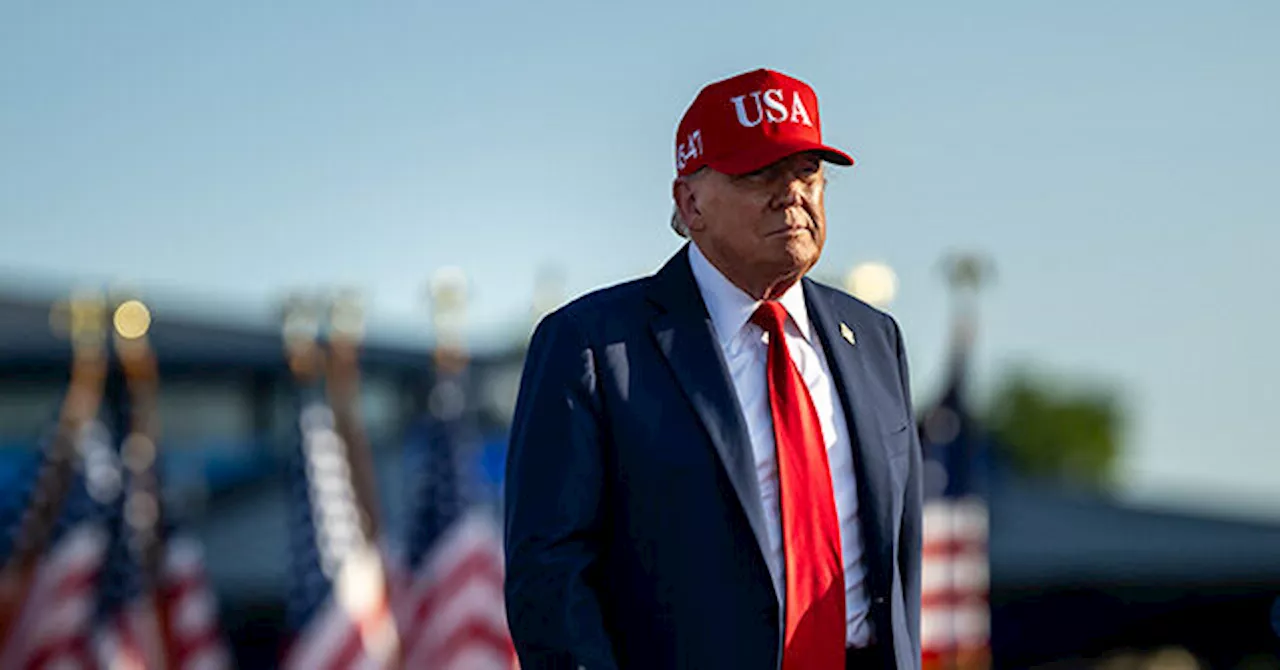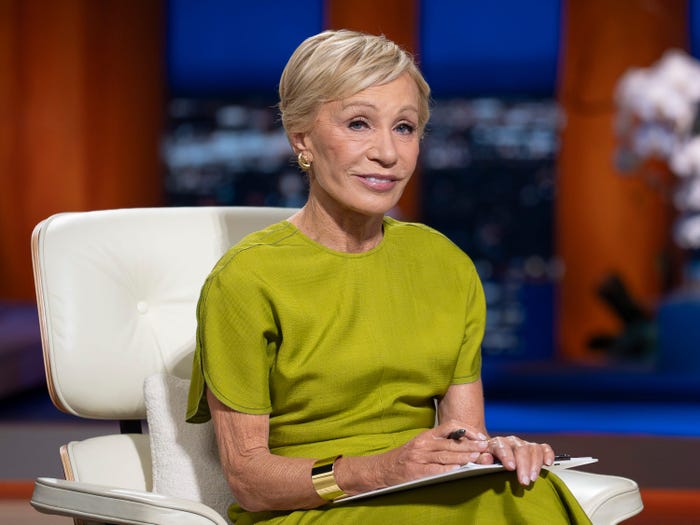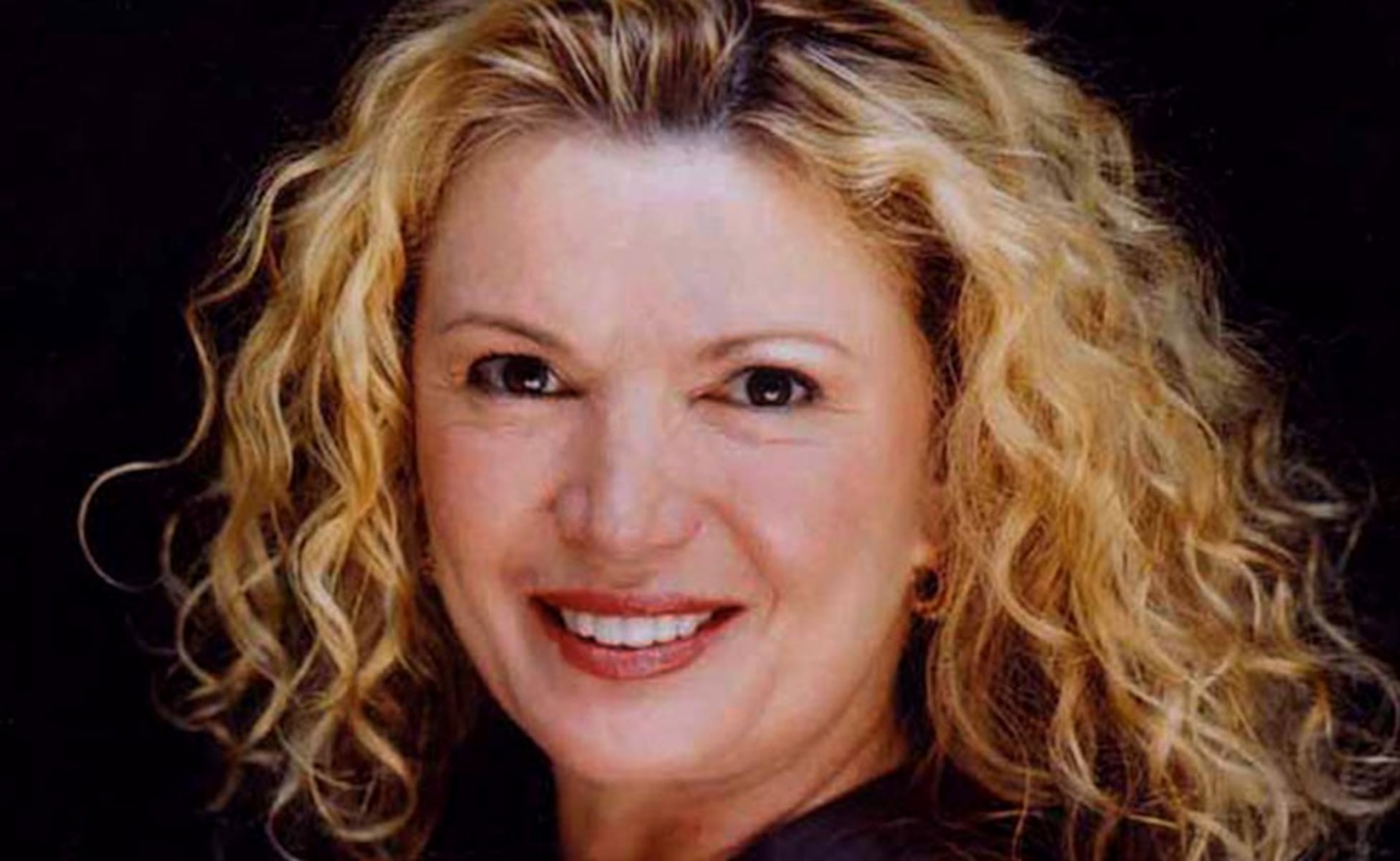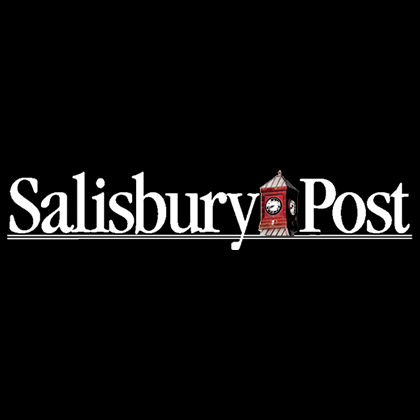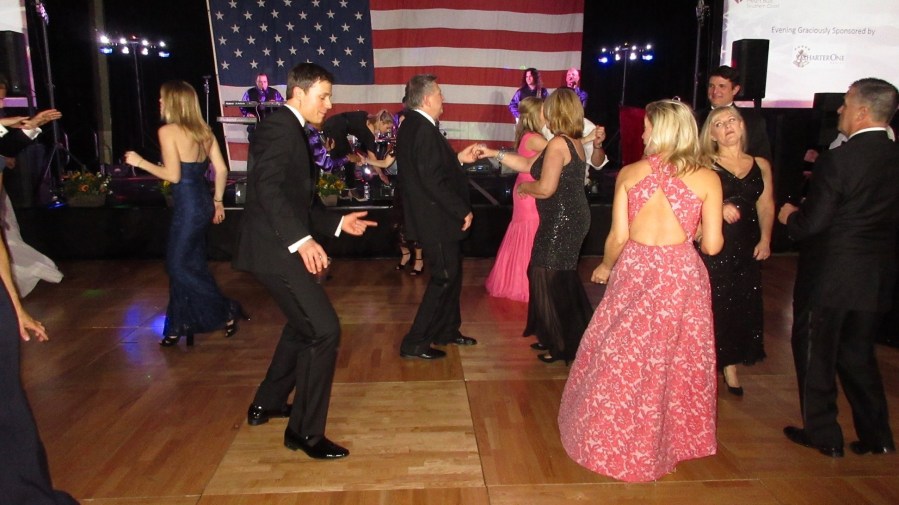
The Cancer Vaccine Institute at the University of Washington faces a significant setback as funding cuts from the Trump administration threaten its pioneering cancer vaccine research. This institute is renowned globally for its advancements in developing vaccines aimed at preventing various forms of cancer, including ovarian, breast, colon, and lung cancers. With approximately 20,000 American women diagnosed with ovarian cancer each year, the urgency for effective preventative measures is paramount.
Impact of Funding Cuts on Cancer Research
The institute’s primary focus is on creating vaccines that could ultimately prevent some of the most aggressive and lethal cancers. Currently, the vaccine targeting ovarian cancer is undergoing multiple clinical trials, and early indicators suggest promising outcomes. However, the recent funding reduction of 67% poses a serious risk to the project’s future.
John Kranz, a resident of Yakima, has expressed his concern regarding these funding cuts in a letter to the editor. He highlights the devastating impact such reductions could have on ongoing research efforts. “Too many of us know the horror of cancer,” Kranz stated, urging citizens to advocate for the restoration and even increase of federal funding for this critical research.
As the institute works diligently towards finding viable solutions to combat cancer, the reduction in financial support could hinder progress, delaying breakthroughs that could save countless lives. The community response is crucial, with calls for citizens to reach out to their congressional representatives and express support for reinstating funding.
The Path Forward for Cancer Research
The funding cuts not only threaten ongoing projects at the Cancer Vaccine Institute but also reflect broader challenges faced by medical research institutions across the country. As cancer continues to affect millions, the need for innovative solutions remains urgent. Advocacy for increased funding is essential to ensure that research efforts do not stagnate at a time when they are so close to success.
In conclusion, the future of cancer vaccine research at the University of Washington hangs in the balance as financial support dwindles. The call to action from concerned citizens like John Kranz emphasizes the collective responsibility to safeguard the advancements in cancer treatment and prevention for generations to come.


